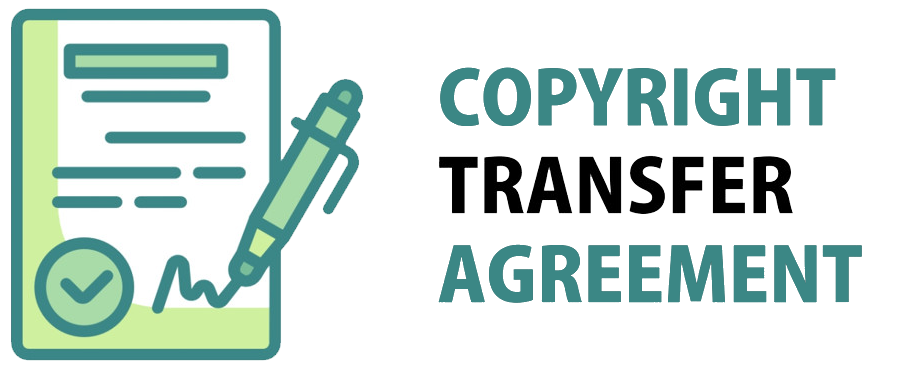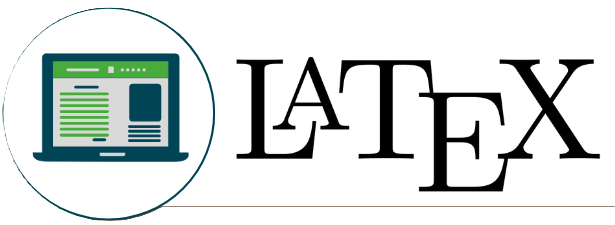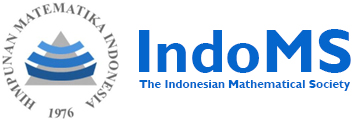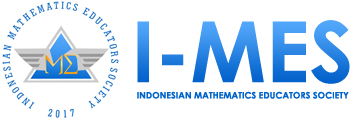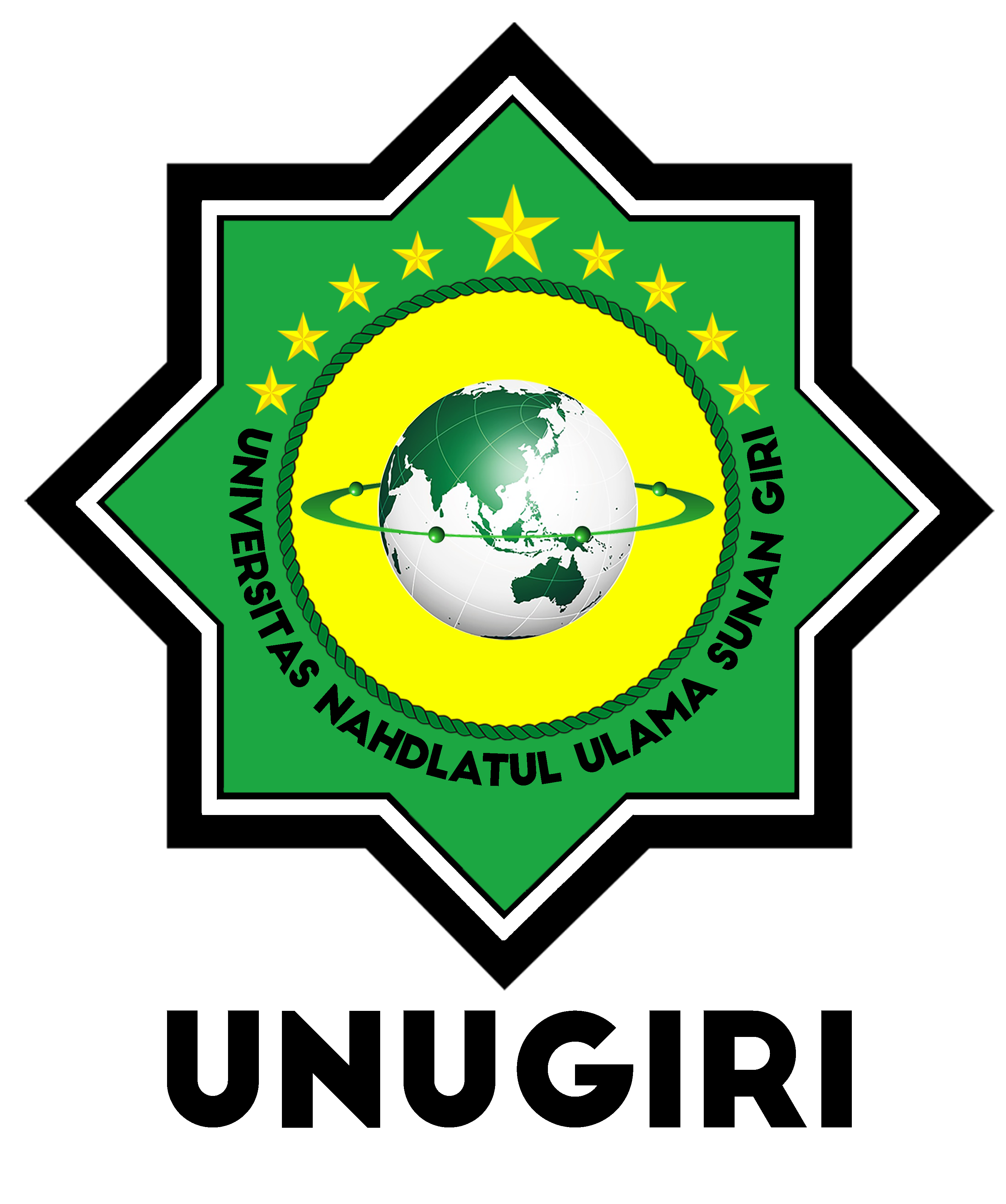The Effect of Problem-Based Learning Model Assisted By Learning Animation Video on Student Learning Outcomes

DOI:
https://doi.org/10.32665/james.v8i1.3330Keywords:
Problem-Based Learning, Animated Video, Learning OutcomesAbstract
The purpose of this study is to determine the effect of a problem-based learning model supported by educational animation videos on students' learning outcomes. The research approach used is quantitative with a quasi-experimental design. The population of this study consists of seventh-grade students, with class VII-C serving as the control group and class VII-D as the experimental group, each consisting of 31 students. The results of the study indicate that the problem-based learning model assisted by educational animation videos yields better results than direct learning, as evidenced by the average scores increasing from 62.081 to 84.613 in the experimental class, while the control class improved from 63.048 to 79.452. Hypothesis testing using the t-test also supports this finding, with a t-table value of 2.00 at a 5% significance level, while the calculated t-value is 2.669. Therefore, since the calculated t-value is greater than the t-table value (2.669 > 2.00), it can be concluded that there is an effect of the problem-based learning model assisted by educational animation videos on students' learning outcomes.
References
Akmal, I. (2024). Pengembangan kurikulum pendidikan dalam membentuk peradaban manusia. Anatesa: Kajian Pendidikan, Sosial dan Keagamaan, 14(2), 86-107.
Damayanti, A. (2022). Faktor-Faktor yang Mempengaruhi Hasil Belajar Peserta Didik Mata Pelajaran Ekonomi Kelas X SMA Negeri 2 Tulang Bawang Tengah. SNPE FKIP Universitas Muhammadiyah Metro, 1(1), 99–108. httpss://prosiding.ummetro.ac.id/index.php/snpe
Fitriolin, Lesmana, I., Nengsih, R., & Satria, T. F. (2024). Pengaruh Model Pembelajaran Creative Problem Solving (CPS) Terhadap Hasil Belajar Matematika Siswa Kelas V SDN 19 Padang Sirih Kecamatan Ranah Pesisir Kabupaten Pesisir Selatan. Jurnal Pendidikan Tambusai .8(1), 890–895
Hardiyanti, A. R., Retno, R. S., & Soepriyadi, M. (2023). Pengaruh Model Problem Based Learning (PBL) Berbantuan Media Video Animasi Powtoon Terhadap Hasil Belajar Tematik Kelas V di SDN 01 Klegen. Seminar Nasional Sosial Sains, Pendidikan, Humaniora (SENASSDRA) , 2(1), 277–282.
Hermansyah. (2020). Problem Based Learning in Indonesian Learning. Social, Humanities, and Educations Studies (SHEs): Conference Series, 3(3), 2257–2262. https://jurnal.uns.ac.id/shes
Ikhlas, A. (2018). Pengaruh Model Pembelajaran Berbasis Masalah dan Gaya Kognitif Siswa Terhadap Hasil Belajar Matematika Siswa di Kelas VIII SMP Negeri 7 Kerinci. Jurnal Ilmiah Ilmu Terapan Universitas Jambi|JIITUJ|, 2(2), 135–143. https://doi.org/10.22437/jiituj.v2i2.5988
Khoirotunnisa', A., & Irhadtanto, B. (2019). Pengaruh Model Pembelajaran Flipped Classrom Traditional Flipped Terhadap Hasil Belajar Matematika Siswa Pada Materi Bangun Ruang Sisi Datar. Jurnal Math Educator Nusantara: Wahana Publikasi Karya Tulis Ilmiah Di Bidang Pendidikan Matematika, 5(2), 153-163. http://ojs.unpkediri.ac.id/index.php/matematik
Lello, M. L. A., Nenohanai, J. M. H., & Nubatonis, O. E. (2023). Penerapan Model Problem Based Learning Berbantuan Video Animasi Untuk Mningkatkan Hasil Belajar Matematika Siswa Kelas VIII SMP Reformasi Plus Noelbaki. Fraktal: Jurnal Matematika dan Pendidikan Matematika, 4(2), 1-7.
Mayasari, N., Amin, A. K., & Rofiqoh, L. (2019). Peningkatan pemahaman konsep matematik mahasiswa melalui model pembelajaran active knowledge sharing. Jurnal Math Educator Nusantara: Wahana Publikasi Karya Tulis Ilmiah Di Bidang Pendidikan Matematika, 5(2), 140–152.
Moto, M. M. (2019). Pengaruh penggunaan media pembelajaran dalam dunia pendidikan. Indonesian Journal of Primary Education, 3(1), 20-28.
Pasaribu, T. P., Sidabutar, R., & Tambunan, L. O. (2024). Pengaruh Pendekatan Open-Ended Terhadap Kemampuan Pemahaman Konsep Matematis Pada Materi Perpangkatan dan Bentuk Akar di Kelas IX SMP Swasta HKI Pulosiborna. INNOVATIVE: Journal Of Social Science Research, 4(1), 3576-3589
Rachmawati, A., & Erwin, E. (2022). Pengaruh Model Pembelajaran Think Pair Share (TPS) Berbantuan Media Video Animasi Terhadap Hasil Belajar Siswa Sekolah Dasar. Jurnal Basicedu, 6(4), 7637-7643.
Ristiani, A., & Maryati, I. (2022). Kemampuan representasi matematis dan self-esteem siswa pada materi statistika. Jurnal Inovasi Pembelajaran Matematika: PowerMathEdu, 1(1), 37-46.
Ritonga, E. S., & Hasibuan, L. R. (2023). Pengaruh Model Pembelajaran Problem Based Learning Berbasis Media Animasi terhadap Hasil Belajar Matematika di SMPN 2 Rantau Selatan. PRISMA, 12(1), 11-19.
Riwayah, P. S. N., & Hadi, S. (2023). Pengaruh Model Problem Based Learning Berbantuan Media Animasi Powtoon Terhadap Hasil Belajar Matematika Siswa Kelas VIII. AdMathEduSt. 1(3)
Suherman, Rahmani, A., & Alpiani. (2022). Pengembangan Media Pembelajaran Berbasis Video Animasi Untuk Meningkatkan Minat Belajar Siswa Pada Materi Panas dan Perpindahannya di Kelas V Sekolah Dasar. Jurnal Pendidikan Dasar Setia Budhi, 6(1), 1-7. https://stkipsetiabudhi.e-journal.id/jpd
Wahyuni, S. (2022). Penerapan Model Problem Based Learning Berbantuan Video Animasi untuk Meningkatkan Hasil Belajar Matematika Peserta Didik. Postulat: Jurnal Inovasi Pendidikan Matematika, 3(2), 151–165.
Downloads
Published
Issue
Section
Categories
License
Copyright (c) 2025 Journal of Mathematics Education and Science

This work is licensed under a Creative Commons Attribution-NonCommercial-ShareAlike 4.0 International License.
Authors who publish with this journal agree to the following terms:
- Authors retain copyright and grant the journal right of first publication with the work simultaneously licensed under a Creative Commons Attribution License that allows others to share the work with an acknowledgment of the work's authorship and initial publication in this journal.
- Authors are able to enter into separate, additional contractual arrangements for the non-exclusive distribution of the journal's published version of the work (e.g., post it to an institutional repository or publish it in a book), with an acknowledgment of its initial publication in this journal.
- Authors are permitted and encouraged to post their work online (e.g., in institutional repositories or on their website) before and during the submission process, as it can lead to productive exchanges, as well as earlier and greater citation of published work
 PDF Download: 252
PDF Download: 252






